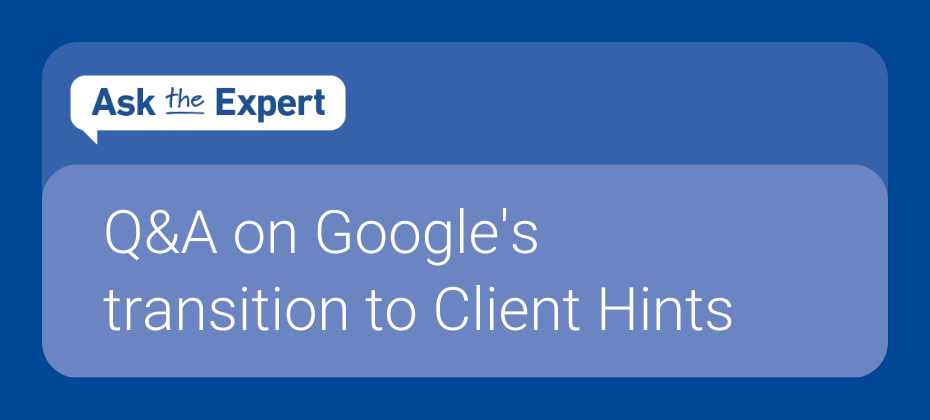
Every year, the Experian team attends the Consumer Electronics Show (CES) in Las Vegas, to immerse ourselves in the world’s most significant consumer tech showcase and stay at the forefront of the latest technological advancements and innovations that shape the AdTech industry. This year’s event was a vibrant melting pot of innovation and vision, from streamers taking a bigger bite of the advertising pie to the emergence of AI-powered solutions and drone delivery services. Amidst these advancements, the dynamic interplay of technology, media, and advertising raised important questions, especially in the context of evolving regulations and cookie deprecation.
During CES, we captured insights from various thought leaders, and in the coming months, we’ll be sharing these valuable perspectives with you. Watch the video below for full insights coming from our content studio onsite during the event.
Or, keep reading for a recap on four key trends from CES and what they mean for your business in 2024!
“My first CES was a major success. You could feel the buzz in the air as new ideas and partnerships were being created within and across industries. The intersection of the different players within retail media, connected TV, retail technology, the demand and supply-side, and agencies all in an ever-changing world of regulation and privacy begs for a solution that can maximize a successful outcome for all.”
anne passon, sr director, sales, retail & cpg
1. Audience targeting: How first- and third-party data work together
A central theme at CES was the importance of audience targeting, highlighting the crucial role of first-party data. However, it’s clear that to maximize its potential, this data needs to be augmented with sophisticated identity solutions and enriched with third-party insights, all while navigating the complexities of privacy regulations. This integrated approach is vital to understanding audiences and for creating more effective marketing strategies that comply with privacy regulations.
2. Standardizing metrics in retail media networks
The challenges around retail media networks, particularly in terms of standardizing metrics like incremental return on ad spend (iROAS), were a hot topic at CES. This complexity around this topic underscores the need for neutral, expert third parties to help bring clarity and consensus, aiding businesses in navigating this multifaceted domain.
3. The challenge of switching data solutions
Discussions covered the broader challenges associated with transitioning to new data solutions. For businesses, this involves a critical assessment of the benefits versus the costs and complexities of adopting new platforms or systems. This decision-making process is increasingly significant as data strategies become integral to marketing success.
4. Identity solutions in a cookieless future
With the industry moving toward a cookieless future, the spotlight at CES was on the importance of robust identity solutions. Understanding the functionality and necessity of various universal IDs is essential to minimize data loss and maintain effective targeting. Investing in flexible and adaptable identity solutions like the Experian Graph is essential to maintain effective targeting and audience engagement in this new landscape.
Announcements and advertising innovations at CES 2024
CES was a stage for significant announcements and innovative marketing initiatives:
- Criteo and Albertsons announced their collaboration in retail media.
- Instacart’s partnership with Google for enhanced shopping ads and AI shopping carts.
- NBCUniversal’s advancements in streamlining programmatic advertising.
Brands like Netflix, LG, Freewheel, and Amazon Ads also captured attention with their creative marketing strategies, ranging from unique collaborations to themed promotions and captivating events.
These insights from CES provide a glimpse into the future of technology, media, and advertising. They highlight the need for adaptability, innovation, and informed decision-making in these dynamic industries, especially in the context of privacy regulations. Stay tuned for our series of posts where we’ll dive deeper into these topics, sharing exclusive insights from industry thought leaders.
Follow us on LinkedIn or sign up for our email newsletter for more informative content on the latest industry insights and data-driven marketing.
Contact us
Latest posts

Super Users are a subset of customers who can have an influential impact on ROI. Find out how to target them for a successful marketing targeting strategy.

As browsers phase out support for third-party cookies, contextual advertising offers an innovative solution to reach your target audience.

Google is replacing User-Agents with Client Hints across their Chromium browsers. Learn what this change means and how it impacts OpenRTB in our Q&A.